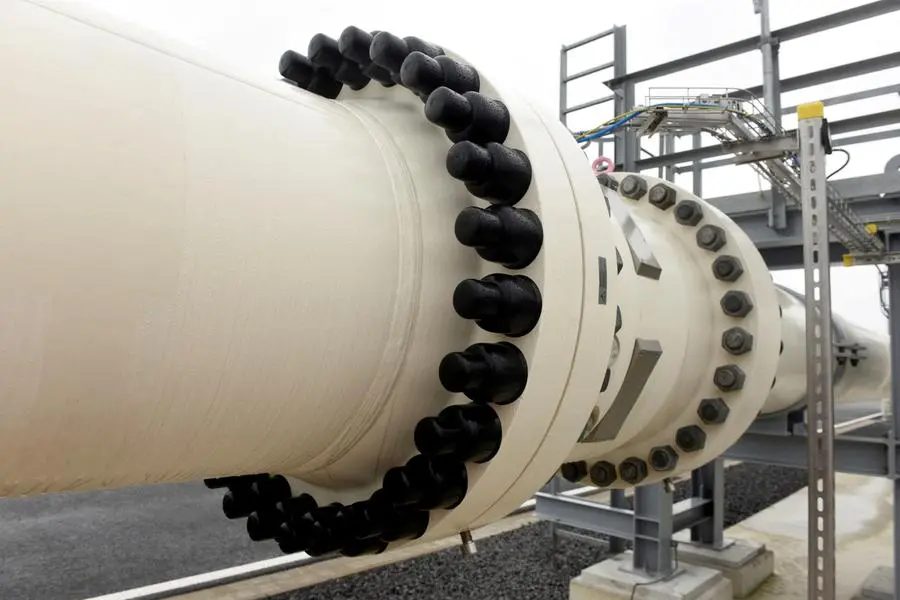PHOTO
Oil prices rose on Monday as investors assessed efforts by authorities to rein in worries about the global banking system, while Russian President Vladimir Putin's plans to place tactical nuclear weapons in Belarus ratcheted up tensions in Europe.
Brent crude futures climbed 77 cents, or 1.03%, to $75.76 a barrel at 0731 GMT. U.S. West Texas Intermediate crude was up 74 cents, or 1.03% at $70 a barrel.
Brent rose 2.8% last week, while WTI rebounded 3.8% as jitters in the banking sector eased.
Crude markets are watching the sentiment in the financial market, while oil fundamentals remain sidelined, said Vandana Hari, founder of oil market analysis provider Vanda Insights.
"Expect most price action in Brent and WTI futures to occur during the Europe and U.S. trading hours, marked by plenty of intraday volatility," Hari said.
"A strong rebound is not on the cards until the (banking) crisis dissipates fully, which could take days, if not weeks."
In news from the banking sector, First Citizens BancShares Inc said it will acquire the deposits and loans of failed Silicon Valley Bank, closing one chapter in the crisis of confidence that has ripped through financial markets.
There are also hopes for extra support for bank funding, after reports that U.S. authorities were in early-stage deliberation about expanding emergency lending facilities.
Oil prices also drew support from Putin's plans to station tactical nuclear weapons in Belarus.
The move is one of Russia's most pronounced nuclear signals yet and a warning to NATO over its military support for Ukraine, which has called for a meeting of the U.N. Security Council in response. NATO slammed Putin for his "dangerous and irresponsible" nuclear rhetoric.
RUSSIAN EXPORTS
Russia's Deputy Prime Minister Alexander Novak has said that Moscow is close to achieving its target of cutting crude output by 500,000 barrels per day (bpd) to around 9.5 million bpd.
But Russia's crude exports are expected to stay steady as it cuts refinery output in April, data from industry sources and Reuters calculations showed on Friday.
Russia's oil products exports have been hit harder than its crude exports by a recent European Union embargo, with tonnes of diesel stuck on ships awaiting buyers.
Analysts say Russian crude stocks have been rising since September 2022, and it would likely want to avoid a further build during refinery maintenance season from March to June.
"If Russia wants to draw down the inventories that it has built, output cuts may need to be extended beyond June," analysts at FGE said in a note.
Meanwhile, in France, industrial action is disrupting refineries, reducing crude demand and fuel production.
Investors are waiting for China's manufacturing and services purchasing managers' indexes to be released later this week for cues on demand from the world's top crude oil importer.
In the U.S., oil rigs rose four to 593 last week, up for the first time in six weeks, while gas rigs held steady at 162, energy services firm Baker Hughes Co said in a report.
(Reporting by Mohi Narayan in New Delhi and Florence Tan in Singapore; Editing by Sonali Paul and Himani Sarkar)





















